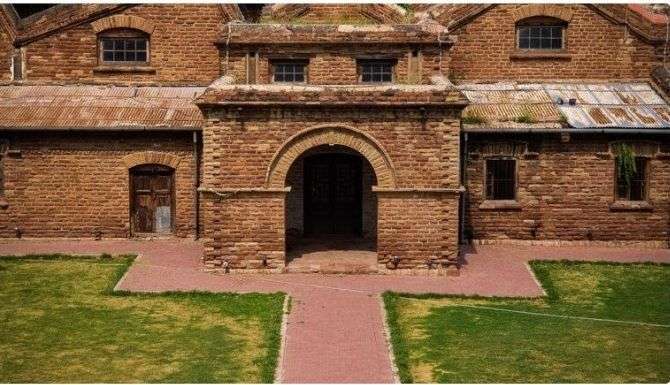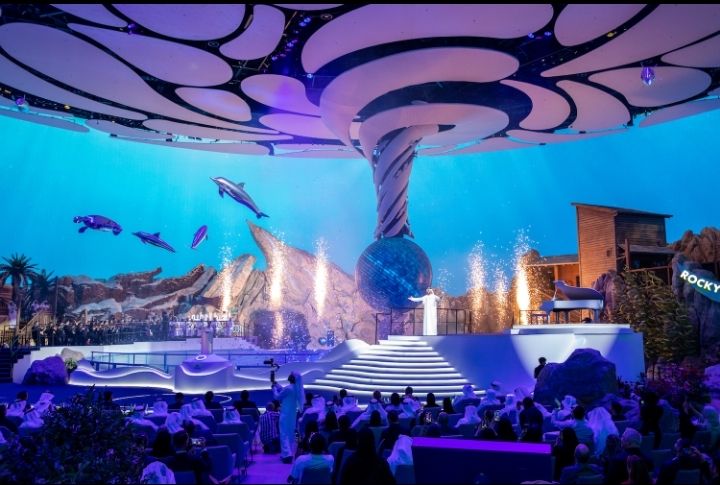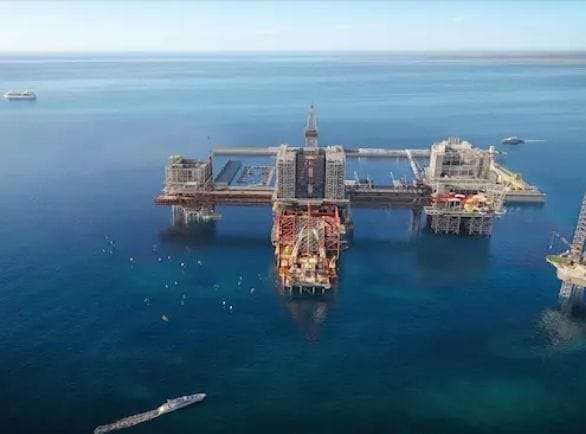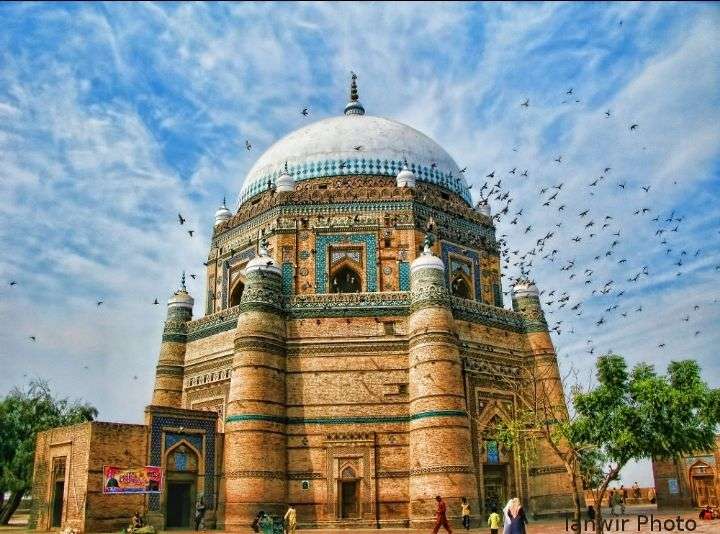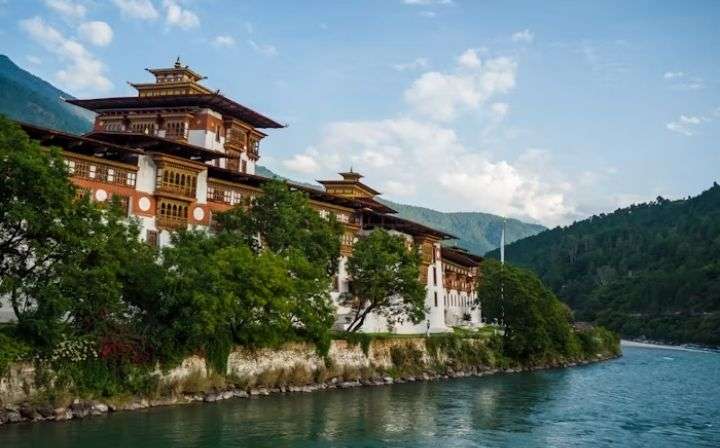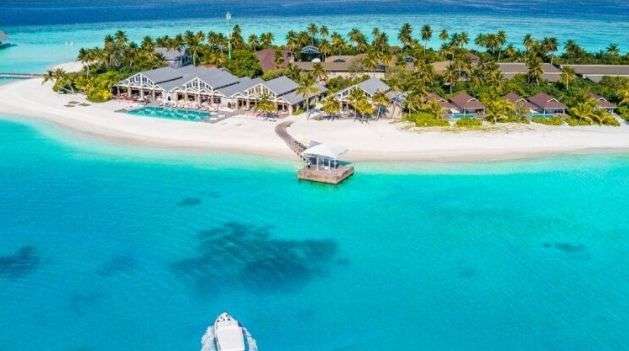The United Arab Emirates (UAE) is a federation comprised of seven distinct states, each contributing to the nation’s rich tapestry of culture, heritage, and economic prowess. Abu Dhabi, the capital and largest emirate, is the economic powerhouse, fueled by its vast oil reserves and diversified industries. Dubai, renowned globally for its iconic skyline and luxurious lifestyle, serves as a hub for business, tourism, and trade. Sharjah, the cultural capital, preserves Emirati traditions through its museums and heritage sites.
https://youtu.be/QhxNxQhOHdc?si=QLev1IOAgY1d53kb
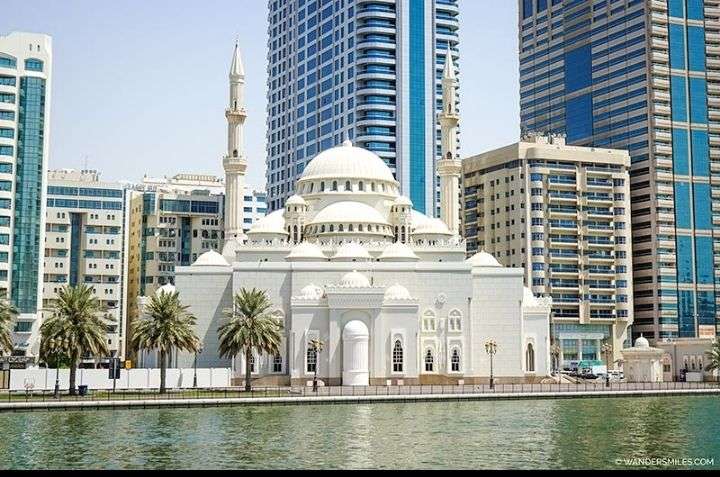
Ajman, though small in size, is burgeoning with growth, with a focus on tourism and commerce. Umm Al Quwain’s serene ambiance and natural beauty make it an ideal destination for eco-tourism and outdoor activities. Ras Al Khaimah, with its blend of historical charm and modern amenities, appeals to tourists and investors alike. Fujairah, strategically located on the eastern coast, thrives as a maritime trade hub while boasting breath taking landscapes and historical treasures. These seven emirates unite to form a dynamic federation that exemplifies the UAE’s vision of progress, innovation, and prosperity.
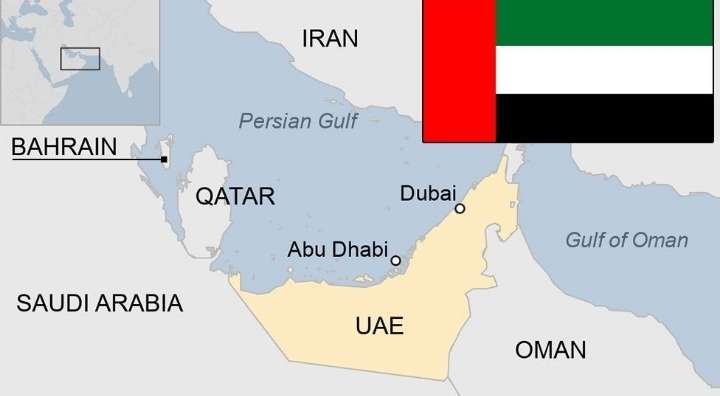
Contents
location
The United Arab Emirates (UAE) is located in the south eastern region of the Arabian Peninsula in the Middle East. It is bordered by Saudi Arabia to the south and west, Oman to the southeast, and the Persian Gulf to the north. The country’s strategic location at the crossroads of Europe, Asia, and Africa has made it a vital hub for trade, commerce, and travel, further enhancing its significance on the global stage.
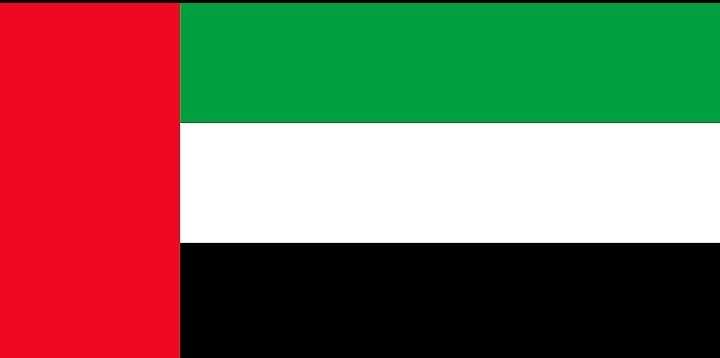
uae flag
The flag of the United Arab Emirates (UAE) features a design of horizontal stripes of green, white, and black, with a vertical band of red on the hoist side. The flag was officially adopted on December 2, 1971, to coincide with the formation of the UAE as an independent federation of seven emirates. Each color in the flag holds symbolic significance:
Green: The green stripe represents fertility, prosperity, and the country’s agricultural heritage. It reflects the importance of agriculture and the aspiration for growth and development.
White: The white stripe symbolizes peace and purity. It reflects the nation’s commitment to harmony, tolerance, and unity among its diverse population.
Black: The black stripe represents the oil wealth of the UAE and the country’s determination to strive for justice and power within the international community. It also pays homage to the country’s traditional sources of income, such as pearl diving and fishing.
Red: The vertical red band on the hoist side of the flag signifies courage, strength, and sacrifice. It serves as a reminder of the sacrifices made by the nation’s founders and the unity of the seven emirates.
Together, the colours and design of the UAE flag embody the values, aspirations, and heritage of the nation, serving as a symbol of pride and identity for its citizens and residents alike.
states of uae
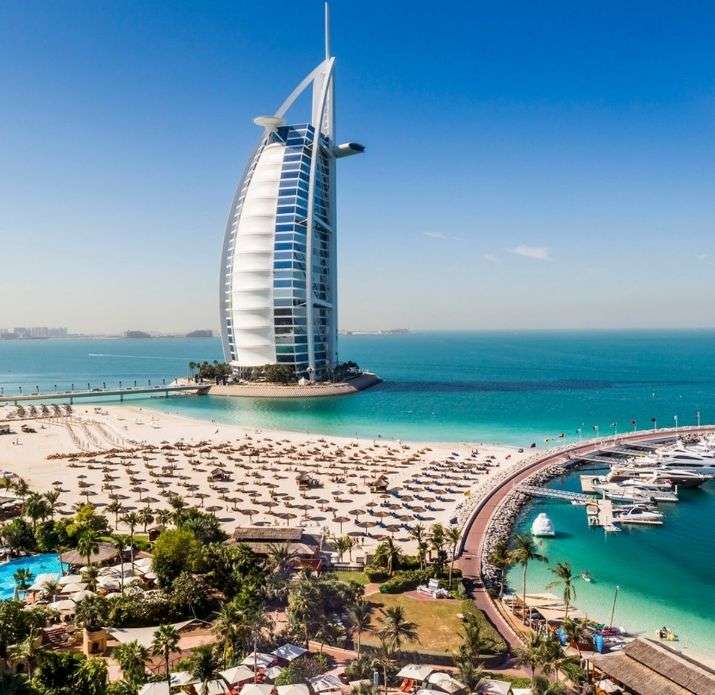
dubai
Dubai, one of the seven emirates that make up the United Arab Emirates (UAE), is a dynamic and cosmopolitan city known for its iconic skyline, luxurious lifestyle, and relentless pursuit of innovation. Situated on the southeastern coast of the Arabian Peninsula, Dubai has transformed from a humble fishing village into a global metropolis and a major hub for business, tourism, and trade.
At the heart of Dubai stands its impressive skyline adorned with architectural marvels, including the Burj Khalifa, the world’s tallest building, and the sail-shaped Burj Al Arab, often hailed as the world’s only seven-star hotel. Beyond its architectural wonders, Dubai offers a myriad of attractions and experiences, from pristine beaches and desert safaris to world-class shopping malls and entertainment complexes.
Dubai’s economy thrives on diversification, with key sectors including finance, real estate, tourism, and logistics. The city’s strategic location between East and West, coupled with its business-friendly environment and state-of-the-art infrastructure, has attracted multinational corporations and entrepreneurs from around the globe.
Moreover, Dubai is renowned for its ambitious mega-projects that push the boundaries of innovation and technology. Projects like the Palm Jumeirah, an artificial archipelago shaped like a palm tree, and the Dubai Mall, one of the largest shopping malls in the world, showcase the city’s vision and ambition.
In addition to its economic prowess, Dubai is a melting pot of cultures and nationalities, with a diverse population comprising expatriates from over 200 countries. This cultural diversity is celebrated through various festivals, events, and culinary offerings, making Dubai a truly cosmopolitan destination.
Dubai’s leadership is committed to sustainability and development, evident in initiatives like the Dubai Clean Energy Strategy 2050, aimed at promoting renewable energy and reducing carbon emissions. Furthermore, the city is preparing to host Expo 2020, a global event that promises to showcase innovation, collaboration, and progress on an international stage.
Overall, Dubai’s allure lies in its ability to blend tradition with modernity, offering visitors and residents alike a unique blend of luxury, opportunity, and cultural richness. As it continues to evolve and shape the future, Dubai remains a symbol of ambition, resilience, and endless possibilities.
abu dhabi
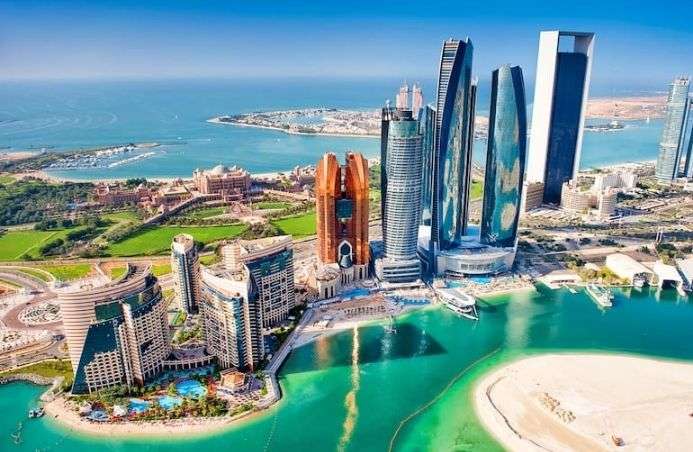
Abu Dhabi, the capital of the United Arab Emirates (UAE), is a city with a rich cultural heritage. Situated on an island in the Arabian Gulf, Abu Dhabi is the largest emirate in the UAE and serves as the political, economic, and cultural center of the nation.
At the heart of Abu Dhabi lies the majestic Sheikh Zayed Grand Mosque, a stunning architectural marvel adorned with intricate marble work, delicate floral patterns, and towering minarets. This iconic landmark serves as a symbol of the city’s reverence for its Islamic heritage and commitment to cultural preservation.
Beyond its cultural attractions, Abu Dhabi boasts a thriving economy driven by its vast oil reserves and strategic investments in various sectors. The city’s skyline is punctuated by gleaming skyscrapers and modern infrastructure, reflecting its status as a global hub for finance, commerce, and tourism.
Abu Dhabi’s commitment to sustainability and innovation is evident in projects like Masdar City, a pioneering eco-friendly urban development striving for carbon neutrality. Additionally, the city is home to world-class institutions such as the Louvre Abu Dhabi and the Guggenheim Abu Dhabi, which showcase a diverse range of art and culture from around the world.
The Corniche, a picturesque waterfront promenade, offers residents and visitors alike a serene escape from bustling city life, with pristine beaches, lush parks, and stunning views of the skyline. Meanwhile, Yas Island, home to attractions like Ferrari World and Yas Marina Circuit, provides adrenaline-fueled entertainment and leisure activities.
Abu Dhabi’s hospitality sector is second to none, with luxurious hotels, fine-dining restaurants, and opulent resorts catering to every taste and preference. Visitors can indulge in world-class shopping experiences at malls like The Galleria and Marina Mall, offering an array of designer boutiques and international brands.
With its blend of tradition and modernity, Abu Dhabi embodies the spirit of the UAE, offering a dynamic and vibrant environment where heritage meets innovation. As the city continues to evolve and grow, it remains a beacon of opportunity, prosperity, and cultural richness in the region.
Sharjah
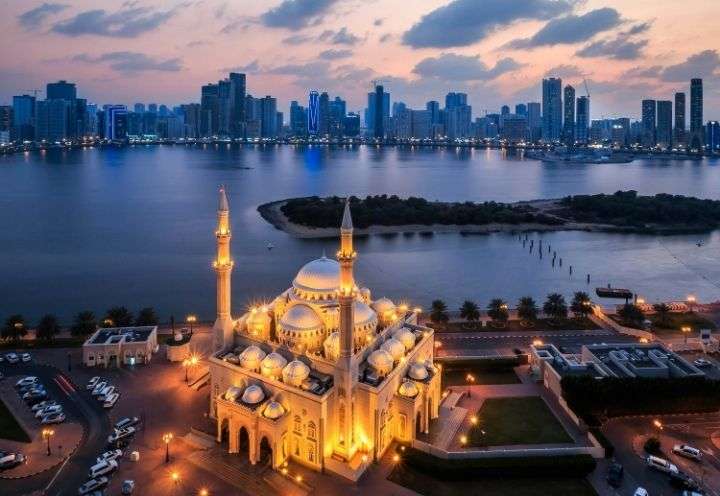
Sharjah, the third largest emirate in the United Arab Emirates (UAE), is a cultural gem nestled along the Arabian Gulf coast. Renowned as the “Cultural Capital of the UAE,” Sharjah boasts a rich heritage and a deep-rooted commitment to preserving Emirati traditions.
At the heart of Sharjah lies its historic Old Town, a labyrinth of narrow alleyways, traditional souks, and restored heritage buildings that offer a glimpse into the emirate’s past. The Sharjah Heritage Area, home to landmarks like the Sharjah Fort (Al Hisn) and the Sharjah Museum of Islamic Civilization, showcases the region’s rich history and cultural legacy.
Sharjah’s dedication to the arts is evident in its numerous museums, galleries, and cultural institutions. The Sharjah Art Museum, the largest art museum in the Gulf region, houses a vast collection of Islamic and contemporary art, while the Sharjah Calligraphy Museum celebrates the art of Arabic calligraphy.
The emirate’s commitment to education and knowledge is underscored by the presence of several prestigious universities and research centers, including the University of Sharjah and the Sharjah Research, Technology and Innovation Park.
In addition to its cultural offerings, Sharjah boasts a thriving economy driven by sectors such as manufacturing, trade, and tourism. The emirate’s strategic location, well-developed infrastructure, and business-friendly policies have attracted both local and international investors.
Sharjah’s natural beauty is showcased in its pristine beaches, lush mangrove forests, and picturesque desert landscapes. The Al Noor Island, a lush oasis in the heart of the city, offers visitors a tranquil escape amidst botanical gardens, art installations, and stunning views of the Sharjah skyline.
The emirate’s commitment to sustainability and environmental conservation is evident in initiatives like the Sharjah Desert Park, a protected area that serves as a sanctuary for indigenous wildlife and plant species.
Overall, Sharjah’s blend of cultural heritage, economic prosperity, and natural beauty makes it a unique and vibrant destination in the UAE. As it continues to evolve and grow, Sharjah remains steadfast in its commitment to preserving its heritage while embracing the opportunities of the future.
Ras Al Khaimah
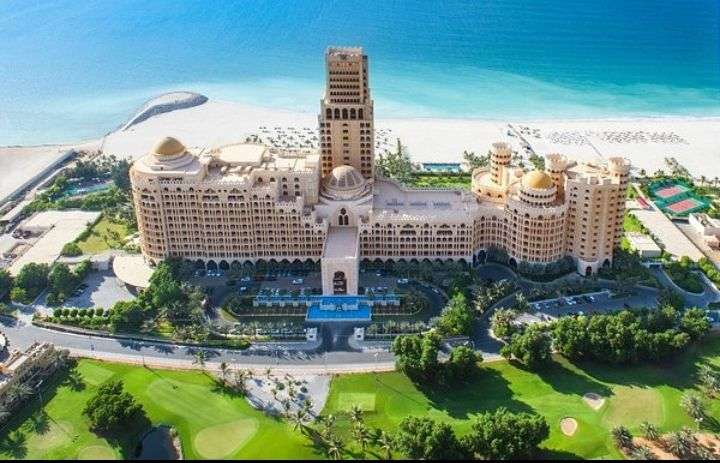
Ras Al Khaimah (RAK), one of the seven emirates comprising the United Arab Emirates (UAE), is a picturesque destination nestled between the Hajar Mountains and the Arabian Gulf. Renowned for its blend of historical charm and modern amenities, Ras Al Khaimah offers visitors a diverse range of attractions and experiences.
At the heart of Ras Al Khaimah lies its rich history, evident in its archaeological sites, ancient forts, and traditional villages. The city of Ras Al Khaimah itself is home to landmarks such as the Dhayah Fort, which offers panoramic views of the surrounding landscape, and the National Museum of Ras Al Khaimah, which showcases the emirate’s cultural heritage.
Beyond its historical sites, Ras Al Khaimah boasts breathtaking natural landscapes, including sandy beaches, rugged mountains, and pristine desert dunes. The Jebel Jais mountain range, home to the UAE’s highest peak, offers visitors opportunities for hiking, camping, and adventure sports such as zip-lining and mountain biking.
Ras Al Khaimah’s economy is driven by sectors such as tourism, manufacturing, and agriculture. The emirate’s strategic location, well-developed infrastructure, and business-friendly policies have attracted investment and contributed to its economic growth.
The hospitality sector in Ras Al Khaimah is thriving, with luxurious resorts, boutique hotels, and beachfront villas catering to every taste and preference. Visitors can indulge in world-class dining experiences, relax on pristine beaches, or explore the emirate’s cultural heritage through guided tours and immersive experiences.
Ras Al Khaimah is also committed to sustainability and environmental conservation, with initiatives aimed at preserving its natural resources and promoting eco-tourism. The Al Wadi Nature Reserve, a protected area located in the heart of the desert, offers visitors the chance to observe indigenous wildlife and participate in conservation efforts.
Overall, Ras Al Khaimah’s blend of history, natural beauty, and modern amenities makes it a unique and compelling destination in the UAE. As it continues to develop and grow, Ras Al Khaimah remains committed to preserving its heritage while embracing the opportunities of the future.
Fujairah,
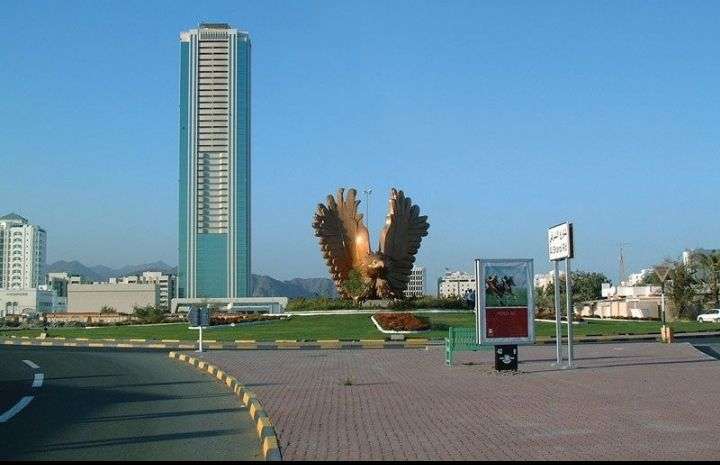
Fujairah, the only emirate located on the eastern coast of the United Arab Emirates (UAE), is a captivating destination known for its stunning natural beauty, rich history, and strategic significance as a major port city overlooking the Gulf of Oman.
Fujairah’s landscape is characterized by rugged mountains, pristine beaches, and expansive desert plains, offering visitors a diverse range of outdoor activities and scenic vistas. The emirate’s coastline is dotted with luxurious resorts, tranquil beachfronts, and vibrant coral reefs, making it a popular destination for water sports enthusiasts, divers, and nature lovers alike.
In addition to its natural attractions, Fujairah boasts a wealth of historical and cultural sites that reflect its rich heritage. The Fujairah Fort, a centuries-old fortress perched on a hill overlooking the city, serves as a testament to the emirate’s storied past and strategic importance as a trading hub in the region. Other notable landmarks include the Al-Bidyah Mosque, the oldest known mosque in the UAE, and the Fujairah Museum, which showcases artifacts and exhibits tracing the emirate’s history from ancient times to the present day.
Fujairah’s economy is primarily driven by its thriving maritime industry, with the emirate’s port serving as a vital gateway for trade and commerce between the UAE and countries in the Arabian Gulf, the Indian Ocean, and beyond. The emirate is also home to a growing industrial sector, with investments in sectors such as manufacturing, tourism, and renewable energy contributing to its economic growth and diversification.
Despite its rapid development, Fujairah remains committed to environmental conservation and sustainable development, with initiatives aimed at preserving its natural resources and promoting eco-tourism. The emirate’s protected areas, including the Wadi Wurayah National Park and the Al-Hayl Castle Reserve, offer visitors the opportunity to explore pristine ecosystems and observe rare plant and animal species in their natural habitats.
Umm Al Quwain,
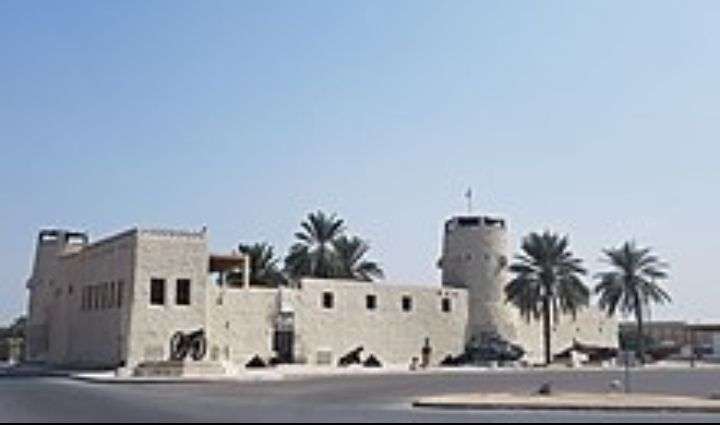
“Umm Al Quwain,” one of the seven emirates of the United Arab Emirates (UAE), I can provide information about it. Umm Al Quwain is a charming emirate located on the north eastern coast of the UAE, overlooking the Arabian Gulf. It is known for its tranquil atmosphere, pristine beaches, and rich cultural heritage.
Despite being one of the smaller emirates in terms of size and population, Umm Al Quwain offers visitors a range of attractions and activities. The emirate’s coastline is lined with beautiful beaches and resorts, making it an ideal destination for relaxation, water sports, and leisure activities. Popular beaches include Dreamland Aqua Park Beach and Umm Al Quwain Beach Park.
Umm Al Quwain also boasts a number of historical and cultural landmarks that reflect its rich heritage. The Umm Al Quwain Fort, dating back to the 18th century, stands as a symbol of the emirate’s historical significance and maritime heritage. Visitors can explore the fort’s exhibits and learn about the region’s history and traditions.
In addition to its natural beauty and cultural attractions, Umm Al Quwain offers opportunities for outdoor adventures such as desert safaris, kayaking, and bird watching in the nearby mangrove forests. The emirate’s diverse ecosystem supports a variety of wildlife, including migratory birds and marine life.
Umm Al Quwain’s economy is primarily based on fishing, agriculture, and small-scale industries. The emirate also benefits from its strategic location and proximity to major transportation hubs, making it a hub for trade and commerce within the UAE and the wider region.
Overall, Umm Al Quwain offers visitors a peaceful retreat away from the hustle and bustle of city life, with its natural beauty, cultural heritage, and leisure opportunities making it a hidden gem within the UAE.Ajman, one of the seven emirates that comprise the United Arab Emirates (UAE), is a charming destination known for its laid-back atmosphere, pristine beaches, and burgeoning economic development. Situated along the Arabian Gulf coast, Ajman offers visitors a blend of cultural heritage, leisure activities, and modern amenities.
Despite being the smallest emirate in terms of land area, Ajman has seen rapid growth and development in recent years, particularly in sectors such as tourism, real estate, and manufacturing. The city of Ajman serves as the capital and commercial hub of the emirate, boasting modern infrastructure, bustling markets, and a thriving business community.
ajman
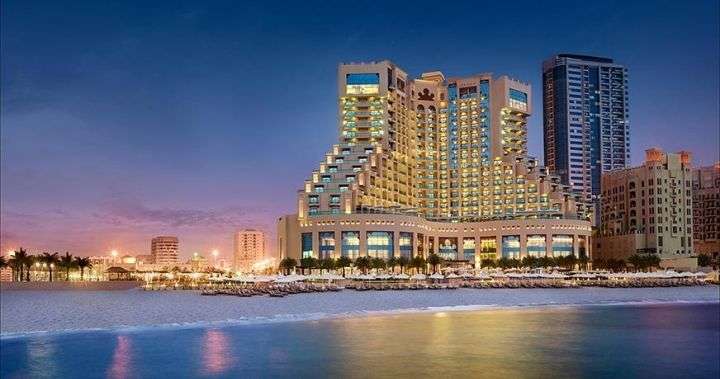
Ajman’s coastline is dotted with beautiful beaches and resorts, making it an ideal destination for sun-seekers and water sports enthusiasts. Popular beaches include Ajman Beach, Al Zorah Beach, and Al Mamzar Beach Park, where visitors can relax, swim, and enjoy a variety of recreational activities.
In addition to its natural attractions, Ajman is home to a number of cultural landmarks and historical sites that reflect its rich heritage. The Ajman Museum, located within the 18th-century Al Rashidiya Fort, showcases exhibits on the emirate’s history, traditional crafts, and maritime heritage. Other notable landmarks include the Ajman Corniche, a scenic waterfront promenade lined with parks, cafes, and entertainment venues.
Ajman’s economy is diverse, with key sectors including manufacturing, trade, and tourism. The emirate’s strategic location, affordable business costs, and investor-friendly policies have attracted a growing number of businesses and industries, contributing to its economic growth and development.
Despite its modernization, Ajman has managed to retain its traditional charm and Emirati identity, with a strong sense of community and hospitality. Visitors to Ajman can experience authentic Emirati culture through local festivals, traditional markets (souks), and cultural events that celebrate the emirate’s heritage.
Overall, Ajman offers visitors a unique blend of relaxation, culture, and economic opportunity, making it an increasingly popular destination within the UAE. As it continues to evolve and grow, Ajman remains committed to preserving its heritage while embracing the opportunities of the future.
travel tips for exploring the United Arab Emirates (UAE):
Experience a Desert Safari with a Twist: Instead of opting for a traditional desert safari, consider booking a sunrise hot air balloon ride over the UAE’s vast desert landscape. This unforgettable experience offers panoramic views of the dunes and mountains as the sun rises, creating a magical and serene atmosphere.
Explore the Hidden Gems of Old Dubai: While modern skyscrapers dominate the skyline of Dubai, don’t miss out on exploring the historic neighborhoods of Old Dubai. Wander through the narrow alleyways of Al Fahidi Historical Neighborhood, visit the vibrant souks of Deira, and marvel at the traditional wind-tower architecture that harks back to the city’s humble beginnings.
Foodie Adventure: Dive into the UAE’s diverse culinary scene by taking a guided food tour that explores the flavors of Emirati cuisine as well as the culinary influences of the expatriate communities. Sample traditional dishes like camel burgers, fragrant biryanis, and decadent Arabic sweets at local eateries and hidden gems recommended by food experts.
Luxury Yacht Cruise: Treat yourself to a lavish experience by chartering a private yacht for a sunset cruise along the UAE’s stunning coastline. Sip champagne, savor gourmet cuisine, and soak in the breathtaking views of iconic landmarks like the Burj Al Arab and Palm Jumeirah from the comfort of your own private vessel.
Art and Culture: Beyond the glitz and glamour, explore the UAE’s burgeoning art scene by visiting contemporary art galleries, attending cultural festivals, and participating in workshops led by local artists. From street art in Dubai’s Alserkal Avenue to traditional calligraphy exhibitions in Sharjah, there’s something to inspire every art enthusiast.
Discover Eco-Tourism Opportunities: Escape the hustle and bustle of the city and venture into the UAE’s pristine natural reserves for eco-friendly adventures. Go hiking in the rugged mountains of Ras Al Khaimah, explore the mangrove forests of Abu Dhabi’s Eastern Mangroves, or embark on a kayaking expedition through the tranquil waters of Umm Al Quwain.
Connect with Local Communities: Gain insight into Emirati culture and traditions by participating in cultural exchange programs or homestays with local families. Engage in traditional activities like pearl diving, falconry, or Arabic coffee ceremonies, and forge meaningful connections with the warm and welcoming people of the UAE.
FAQs about visiting the United Arab Emirates (UAE):
Weather:
Q: What should I expect in terms of weather in the UAE?
A: The UAE experiences a desert climate characterized by hot summers and mild winters. However, during the winter months (November to March), temperatures are more moderate and comfortable for outdoor activities, ranging from 20°C to 30°C (68°F to 86°F). Summers (June to September) can be scorching hot, with temperatures exceeding 40°C (104°F) and high humidity levels.
Expense:
Q: What is the approximate expense for a week-long trip to the UAE?
A: The cost of a trip to the UAE can vary depending on factors such as accommodation preferences, dining choices, and activities. On average, budget travelers can expect to spend around $50 to $100 per day on accommodation, $20 to $50 per meal at mid-range restaurants, and additional expenses for transportation, sightseeing, and shopping.
Safety:
Q: Is the UAE a safe destination for solo travelers?
A: Yes, the UAE is generally considered a safe destination for travelers, including solo travelers. The country has low crime rates, strict law enforcement, and high standards of security. However, travelers should exercise caution and be vigilant against petty theft, scams, and road safety hazards.
Best Time to Visit:
Q: When is the best time to visit the UAE for budget travelers?
A: The shoulder seasons of spring (April to May) and autumn (September to October) offer budget travelers the best value for money, as accommodation rates tend to be lower compared to the peak tourist season (November to March). Additionally, some hotels and attractions may offer discounted rates during these quieter periods.
Budget-Friendly Places for Food and Stay:
Q: Are there any budget-friendly options for food and accommodation in the UAE?
A: Yes, there are plenty of budget-friendly options for food and accommodation in the UAE. Look for local eateries, street food stalls, and cafeterias known as “cafés” or “shwarma shops” for affordable meals. Additionally, consider staying in budget hotels, hostels, or guesthouses located in areas like Deira in Dubai, Rolla Square in Sharjah, or downtown areas of other emirates.

Travelstutor.com is a comprehensive travel website that provides valuable information and resources for travelers around the world. The website is managed by Safnaa, an experienced travel administrator with a passion for exploring new destinations and cultures.
As the administrator of travelstutor.com, Safnaa is committed to providing exceptional customer service and support to all visitors to the website. She is always available to answer questions, provide recommendations, and assist with travel planning, making travelstutor.com a valuable resource for travelers of all levels of experience.Whether you are a seasoned traveler or planning your first trip, travelstutor.com is the perfect destination for all your travel needs. With Safnaa at the helm, you can be confident that you are getting the best possible advice and support for your next adventure.

